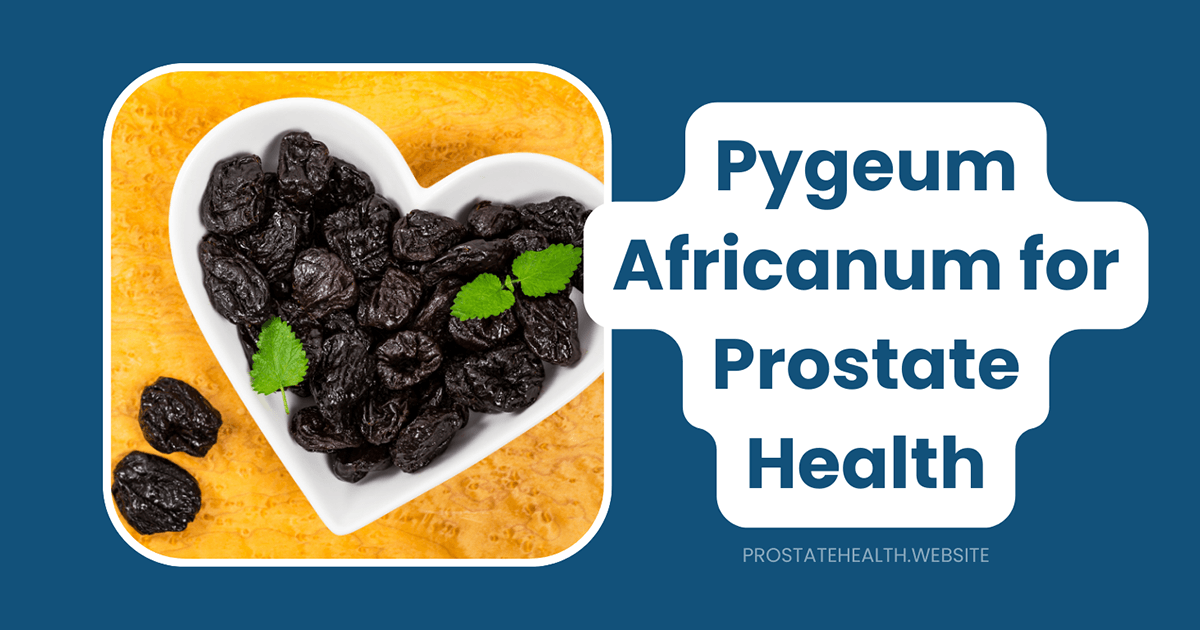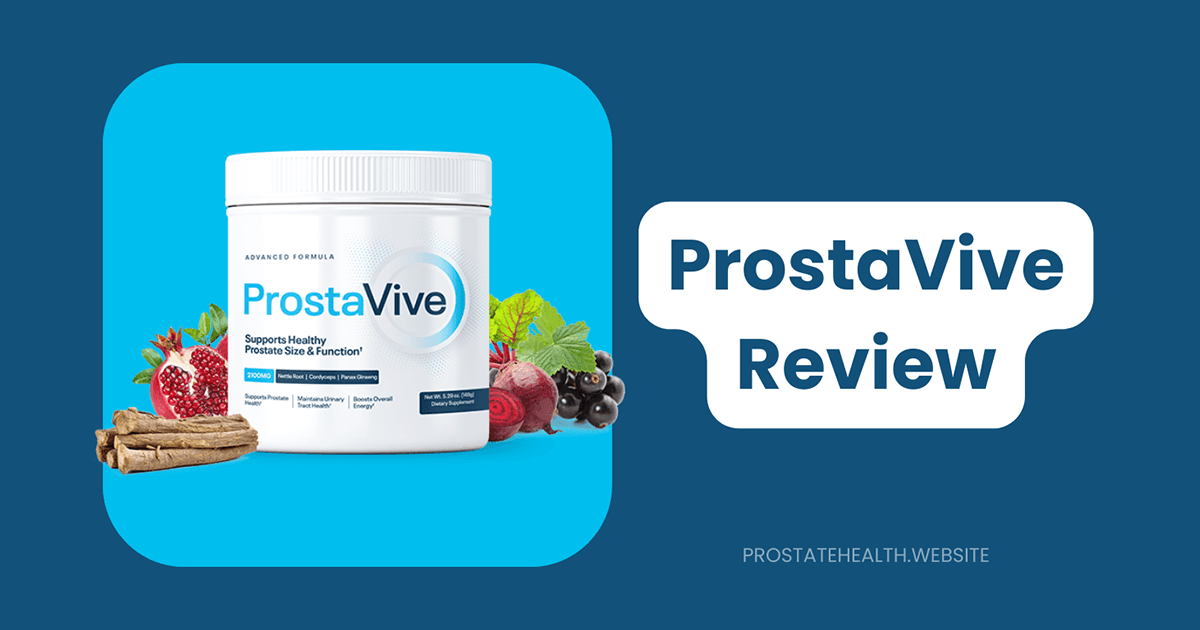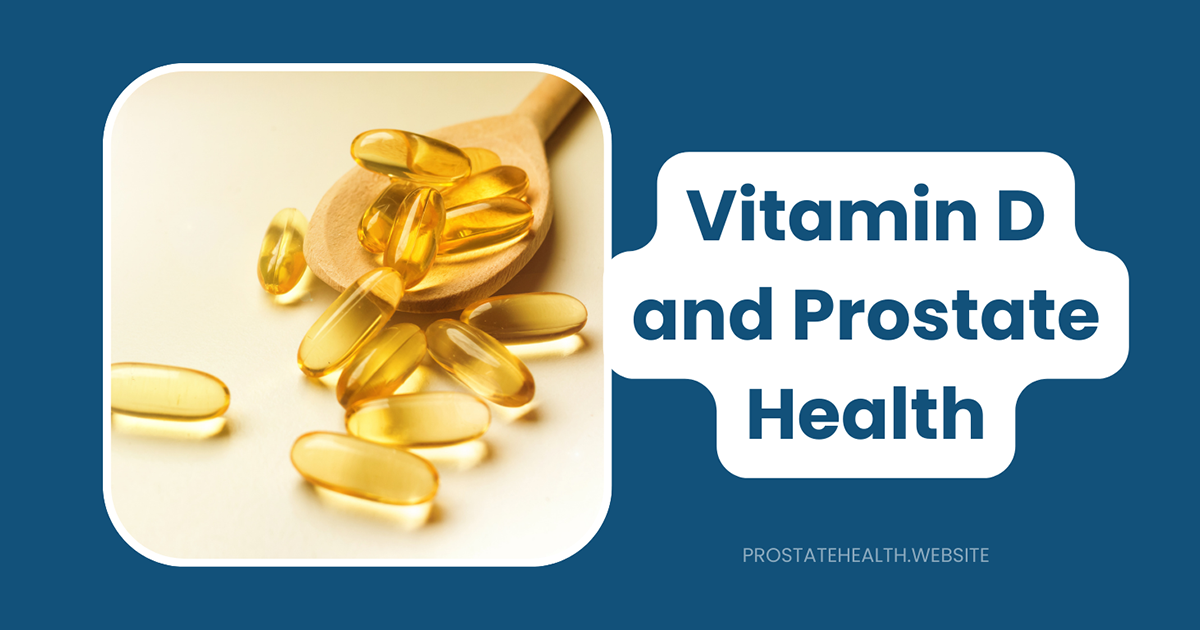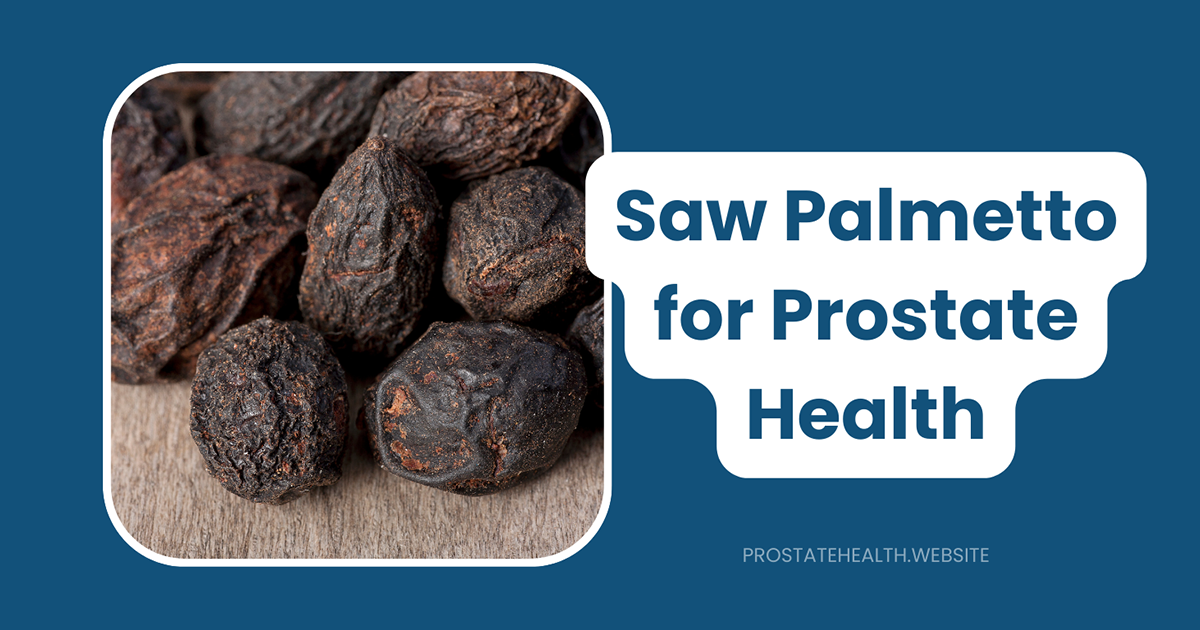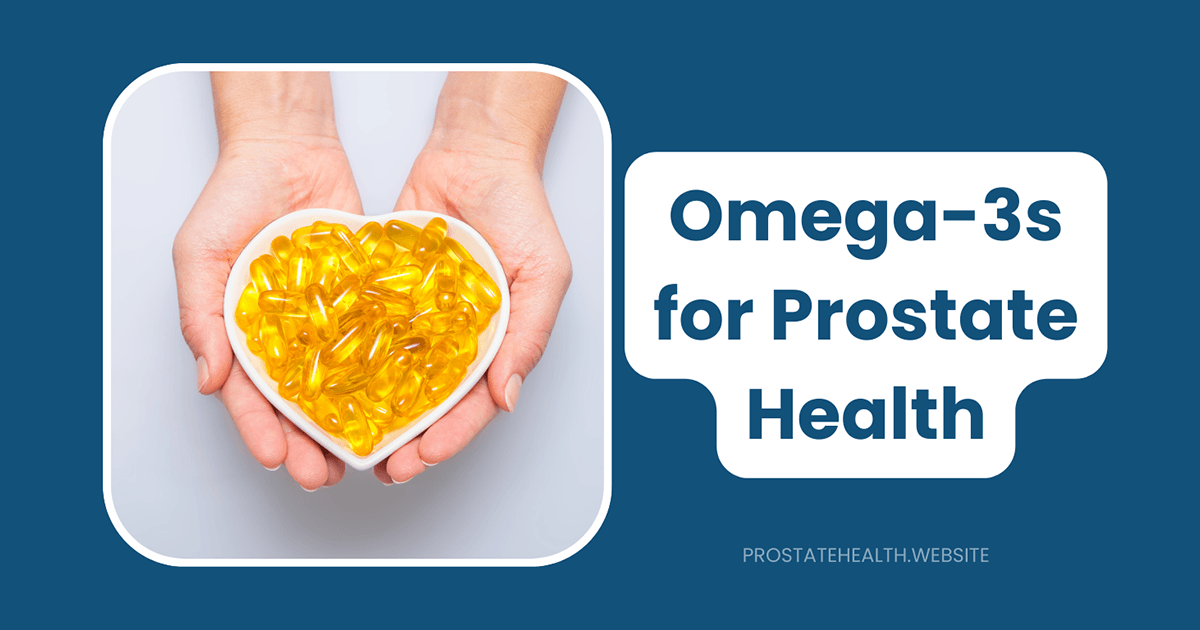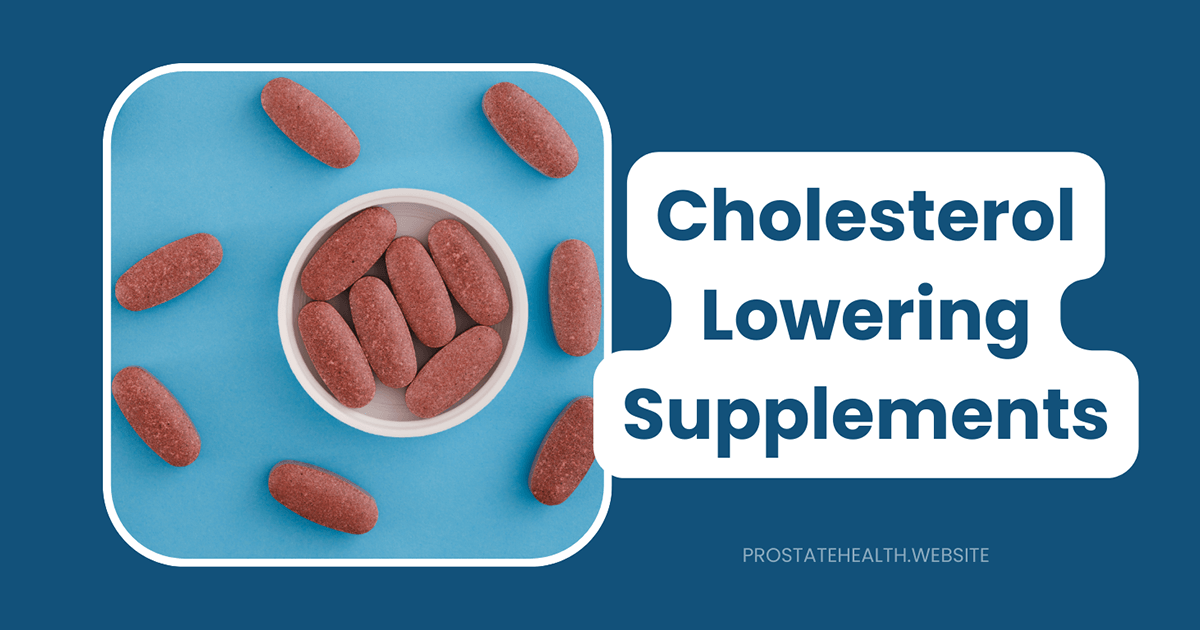Pumpkin Seed Oil: A Natural Approach to Prostate Health
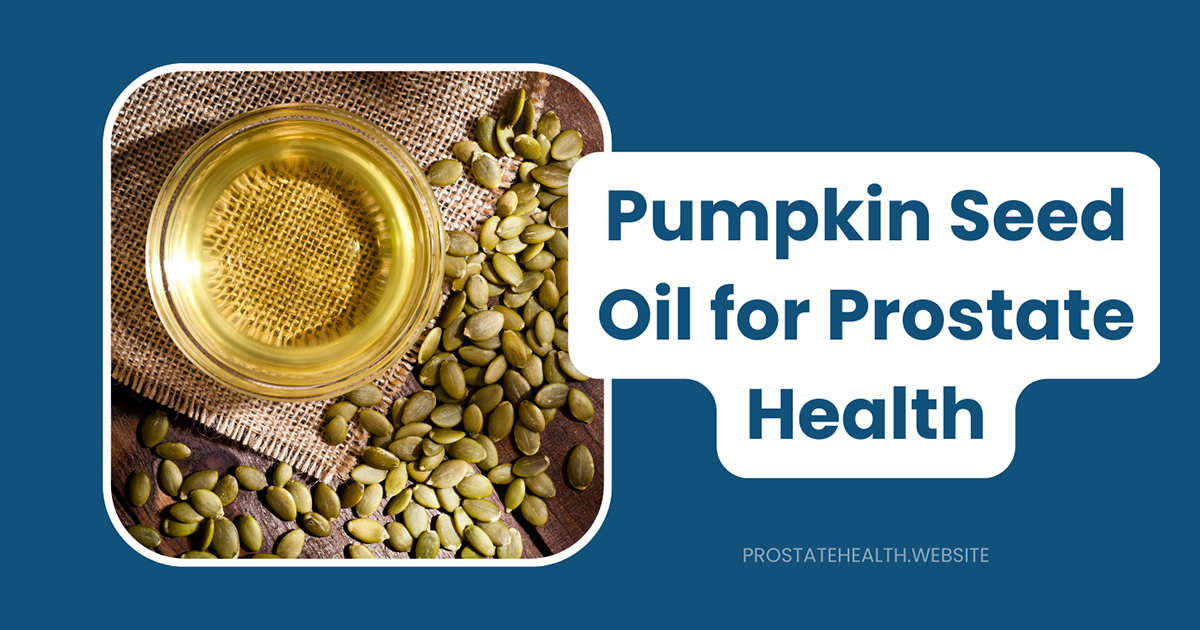
When I first began experiencing the telltale symptoms of prostate issues—frequent nighttime bathroom trips, a weakened stream, and the frustrating feeling of an incompletely emptied bladder—I was determined to explore all my options. Like many men, I wanted to find natural approaches that might complement or even reduce the need for pharmaceutical interventions.
My research led me to pumpkin seed oil, a traditional remedy that has been used for centuries in Eastern European folk medicine to address urinary and prostate concerns. What began as personal curiosity evolved into a deep dive into the scientific evidence behind this emerald-green oil and its potential benefits for men’s health.
In this comprehensive guide, I’ll share what modern research tells us about pumpkin seed oil for prostate health—from its unique composition and mechanisms of action to clinical evidence, safety considerations, and practical recommendations. My goal is to provide you with evidence-based information that helps you make informed decisions about whether pumpkin seed oil might be right for your prostate health journey.
Understanding Prostate Health Challenges
Before we explore pumpkin seed oil specifically, it’s important to understand the prostate conditions it may help address.
Benign Prostatic Hyperplasia (BPH)
BPH, or enlarged prostate, affects approximately:
- 50% of men in their 50s
- 60% of men in their 60s
- 80-90% of men by their 70s and 80s
As the prostate enlarges, it can press against the urethra and bladder, causing symptoms such as:
- Frequent urination, especially at night (nocturia)
- Difficulty starting urination
- Weak urine stream
- Dribbling at the end of urination
- Inability to completely empty the bladder
- Urinary urgency
These symptoms can significantly impact quality of life, disrupting sleep, limiting social activities, and causing anxiety and embarrassment.
Prostatitis
Prostatitis refers to inflammation of the prostate gland, which can cause:
- Pain in the groin, pelvic area, or genitals
- Painful or difficult urination
- Flu-like symptoms (in acute bacterial prostatitis)
- Sexual dysfunction
Prostate Cancer
While pumpkin seed oil is primarily studied for BPH, some research suggests it may have properties that could support overall prostate health, potentially contributing to cancer prevention strategies.
Pumpkin Seed Oil: Composition and Active Compounds
Pumpkin seed oil is derived from the seeds of the pumpkin plant (Cucurbita pepo) through a cold-pressing process that preserves its nutritional integrity. This dark green oil has a rich, nutty flavor and contains a remarkable array of bioactive compounds.
Key Components of Pumpkin Seed Oil
- Essential Fatty Acids
- Linoleic acid (omega-6): 35-60%
- Oleic acid (omega-9): 20-40%
- Palmitic acid: 10-15%
- Stearic acid: 5-10%
- Phytosterols
- Beta-sitosterol
- Delta-7-sterols
- Delta-5-sterols
- Stigmasterol
- Antioxidants
- Vitamin E (tocopherols)
- Carotenoids
- Phenolic compounds
- Minerals
- Zinc
- Magnesium
- Selenium
- Manganese
- Other Bioactive Compounds
- Squalene
- Cucurbitacins
- Lignans
Each of these components contributes to pumpkin seed oil’s potential health benefits, with several playing specific roles in prostate health.
Mechanisms of Action: How Pumpkin Seed Oil Supports Prostate Health
Research has identified several ways that pumpkin seed oil may benefit prostate health:
1. Hormonal Regulation
One of the primary mechanisms involves the regulation of hormones that affect prostate growth:
- 5-alpha-reductase inhibition: Phytosterols in pumpkin seed oil, particularly beta-sitosterol, may inhibit the enzyme 5-alpha-reductase, which converts testosterone to dihydrotestosterone (DHT). Elevated DHT is associated with prostate enlargement.
- Aromatase modulation: Some compounds in pumpkin seed oil may affect the enzyme aromatase, which converts testosterone to estrogen. Balancing these hormones is important for prostate health.
A 2023 study published in the Journal of Medicinal Food found that delta-7-phytosterols from pumpkin seed oil significantly reduced the expression of 5-alpha-reductase in laboratory studies, suggesting a direct effect on this key enzyme.
2. Anti-inflammatory Effects
Chronic inflammation plays a role in prostate conditions, including BPH and prostatitis. The omega fatty acids and antioxidants in pumpkin seed oil have anti-inflammatory properties:
- Linoleic acid helps produce anti-inflammatory prostaglandins
- Antioxidants neutralize free radicals that contribute to inflammation
- Certain phytosterols may reduce inflammatory markers in prostate tissue
3. Zinc Provision
The prostate contains the highest concentration of zinc in the male body, and this mineral is crucial for prostate function:
- Zinc helps regulate prostate cell growth and division
- It supports immune function within the prostate
- Lower zinc levels have been observed in men with BPH and prostate cancer
Pumpkin seeds and their oil are excellent sources of zinc, potentially helping maintain optimal levels of this essential mineral in prostate tissue.
4. Growth Factor Modulation
Research suggests that pumpkin seed oil may influence growth factors involved in prostate cell proliferation:
- Reduction in epidermal growth factor (EGF) expression
- Increase in transforming growth factor-β1 (TGF-β1), which promotes apoptosis (programmed cell death)
- Modulation of androgen receptor (AR) signaling
A 2022 laboratory study published in BMC Complementary Medicine and Therapies demonstrated that pumpkin seed oil extract decreased the expression of growth factors associated with prostate cell proliferation.
5. Antioxidant Protection
The antioxidants in pumpkin seed oil may protect prostate cells from oxidative damage:
- Vitamin E neutralizes free radicals
- Carotenoids provide additional antioxidant support
- Phenolic compounds have been shown to reduce oxidative stress in prostate tissue
Clinical Evidence: What Research Shows About Pumpkin Seed Oil for Prostate Health
While laboratory and animal studies provide insights into mechanisms, human clinical trials offer the most relevant evidence for pumpkin seed oil’s effects on prostate health.
Key Clinical Studies
The Vahlensieck Study (2015)
This randomized, placebo-controlled study published in the World Journal of Urology involved 1,431 men with BPH who received either pumpkin seed extract or placebo for 12 months:
- The pumpkin seed group showed significant improvements in International Prostate Symptom Score (IPSS)
- Quality of life scores improved more in the pumpkin seed group
- The benefits were most pronounced after 12 months of treatment
- No significant side effects were reported
The Hong Study (2009)
This study, published in Nutrition Research and Practice, examined the effects of pumpkin seed oil on 47 men with BPH:
- Participants received 320 mg of pumpkin seed oil daily for 6 months
- Significant improvements were observed in maximum urinary flow rate
- IPSS scores decreased by an average of 6.3 points
- No adverse effects were reported
The Shirvan Study (2021)
This clinical trial, published in BMC Urology, compared pumpkin seed oil (360 mg twice daily) to tamsulosin (0.4 mg nightly) in 73 men with BPH:
- Both treatments significantly reduced IPSS scores
- Tamsulosin showed greater symptom improvement (-5.33 vs. -3.19 points)
- No side effects were reported in the pumpkin seed oil group
- The tamsulosin group experienced side effects including dizziness, headache, and sexual dysfunction
Meta-Analyses and Reviews
A 2020 systematic review published in Food Science & Nutrition analyzed multiple studies on pumpkin seed products for prostate health and concluded:
- Pumpkin seed oil consistently showed modest benefits for BPH symptoms
- Effects were more pronounced when combined with other natural ingredients like saw palmetto
- Safety profile was excellent across all studies
- Benefits typically developed gradually over 3-6 months
While these results are promising, researchers consistently note the need for larger, more rigorous studies with standardized preparations and longer follow-up periods.
Pumpkin Seed Oil vs. Conventional BPH Treatments
How does pumpkin seed oil compare to standard medical treatments for BPH? Several studies have attempted to answer this question.
Pumpkin Seed Oil vs. Alpha-Blockers
Alpha-blockers like tamsulosin (Flomax) work by relaxing smooth muscles in the prostate and bladder neck. Compared to alpha-blockers, pumpkin seed oil:
- Generally works more slowly (months rather than weeks)
- Has fewer side effects, particularly related to blood pressure and sexual function
- May be less effective for severe symptoms
- Can be used in combination with alpha-blockers for enhanced effects
The Shirvan study mentioned earlier directly compared pumpkin seed oil to tamsulosin and found that while tamsulosin was more effective, pumpkin seed oil had no side effects.
Pumpkin Seed Oil vs. 5-Alpha-Reductase Inhibitors
5-alpha-reductase inhibitors like finasteride (Proscar) and dutasteride (Avodart) work by blocking the conversion of testosterone to DHT. Compared to these medications, pumpkin seed oil:
- May work through similar mechanisms but with less potency
- Has no sexual side effects (a common issue with 5-alpha-reductase inhibitors)
- Does not significantly reduce PSA levels, allowing for more accurate prostate cancer screening
- May take longer to show effects
Combination Approaches
Some of the most promising research involves combining pumpkin seed oil with other natural remedies:
- Pumpkin Seed Oil + Saw Palmetto: This combination has shown enhanced effectiveness for BPH symptoms in several studies
- Pumpkin Seed Oil + Zinc: May provide synergistic benefits through complementary mechanisms
- Pumpkin Seed Oil + Nettle Root: Another traditional combination with potential synergistic effects
Dr. Aaron Katz, Chairman of Urology at NYU Winthrop Hospital, notes: “Many of my patients find that natural approaches like pumpkin seed oil can be valuable complements to conventional treatments, particularly for mild to moderate BPH symptoms or for those experiencing side effects from prescription medications.”
Safety Profile: Side Effects and Considerations
One of pumpkin seed oil’s main advantages is its excellent safety profile, especially compared to prescription medications for BPH.
Potential Side Effects
Side effects from pumpkin seed oil are generally mild and infrequent, but may include:
- Mild digestive issues (stomach upset, diarrhea)
- Allergic reactions (rare, primarily in those with pumpkin seed allergy)
Clinical studies consistently report minimal to no side effects, even with long-term use of up to 12 months.
Drug Interactions
Pumpkin seed oil has few known drug interactions, but theoretical concerns include:
- Lithium: May affect lithium levels in the body
- Diuretics: Potential additive effects
- Anticoagulants: Theoretical risk due to vitamin E content
Special Considerations
Pregnancy and Breastfeeding: Not typically relevant for prostate health, but safety not established
Hypotension: Those with low blood pressure should use caution, as pumpkin seed oil may have mild blood pressure-lowering effects
Diabetes: Monitor blood sugar levels, as some studies suggest pumpkin seed oil may affect glucose metabolism
Dr. Mark Moyad, Director of Preventive and Alternative Medicine at the University of Michigan, advises: “While pumpkin seed oil has an excellent safety profile overall, it’s still important to discuss its use with your healthcare provider, particularly if you’re taking other medications or have underlying health conditions.”
Dosage and Administration: Finding the Right Approach
Based on clinical studies, the following dosage guidelines may be considered:
Recommended Dosages
For BPH Symptoms:
- 320-360 mg of pumpkin seed oil extract daily, often divided into two doses
- 1000-2000 mg of whole pumpkin seed oil daily
- 5-10 grams of raw pumpkin seeds daily (approximately a small handful)
Most clinical studies used standardized extracts containing specific percentages of key compounds, which may be more reliable than unstandardized preparations.
Timing and Administration
- Take with food to enhance absorption of fat-soluble compounds
- Consistent daily use is important for effectiveness
- Allow 1-3 months to assess initial effects
- Long-term use (6-12 months) may be needed for maximum benefit
Product Selection
When choosing a pumpkin seed oil product, look for:
- Cold-pressed oil to preserve heat-sensitive compounds
- Dark glass bottles to protect from light degradation
- Organic certification when possible to minimize pesticide exposure
- Standardized extracts for more consistent results
- Combination products with saw palmetto or other prostate-supporting herbs for enhanced effects
Some well-regarded pumpkin seed oil supplements include:
- Now Foods Pumpkin Seed Oil
- Swanson Pumpkin Seed Oil
- Sports Research Pumpkin Seed Oil
- Life Extension Pumpkin Seed Oil
Beyond Supplements: Dietary Sources of Pumpkin Seed Benefits
While supplements offer concentrated doses of pumpkin seed oil, incorporating whole pumpkin seeds into your diet provides additional benefits:
Nutritional Profile of Pumpkin Seeds
One ounce (28 grams) of pumpkin seeds contains:
- 7 grams of protein
- 13 grams of healthy fats
- 5 grams of fiber
- 37% of the RDA for magnesium
- 23% of the RDA for iron
- 14% of the RDA for zinc
- Significant amounts of antioxidants
Culinary Uses for Pumpkin Seeds and Oil
Pumpkin Seeds:
- Roasted as a snack (try with different seasonings)
- Added to salads for crunch and nutrition
- Incorporated into granola or trail mix
- Blended into smoothies
- Used as a topping for soups or roasted vegetables
Pumpkin Seed Oil:
- Drizzled over salads (not suitable for high-heat cooking)
- Added to smoothies
- Used as a finishing oil for soups
- Incorporated into dips and spreads
- Mixed with honey as a unique bread dipping oil
Practical Recommendations: Incorporating Pumpkin Seed Oil Into Your Prostate Health Strategy
Based on the current evidence, here are practical recommendations for incorporating pumpkin seed oil into your prostate health approach:
For Mild BPH Symptoms or Prevention
- Consider starting with pumpkin seed oil as a first-line approach
- Use a standardized extract (320-360 mg daily) for at least 3 months
- Combine with lifestyle modifications like reducing evening fluid intake and limiting caffeine and alcohol
- Monitor symptoms using a tool like the International Prostate Symptom Score (IPSS)
- Include whole pumpkin seeds in your diet several times per week
For Moderate BPH Symptoms
- Discuss combining pumpkin seed oil with conventional treatments with your healthcare provider
- Consider combination products that include saw palmetto or other prostate-supporting herbs
- Allow longer treatment periods (6-12 months) to assess effectiveness
- Be prepared to transition to prescription medications if symptoms don’t improve sufficiently
For Severe BPH Symptoms
- Pumpkin seed oil alone is likely insufficient
- May be used as a complementary approach alongside prescription medications
- Discuss potential interactions with your healthcare provider
- Focus on quality of life improvements rather than expecting major symptom resolution
Real-World Experiences: Case Studies
While individual experiences vary, these case studies illustrate how some men have incorporated pumpkin seed oil into their prostate health strategies:
James, 56: Early BPH Symptoms
Background: Experiencing increased nighttime urination (2-3 times) and mild daytime frequency
Approach: Started taking 1000 mg of pumpkin seed oil daily and added a handful of raw pumpkin seeds to his diet several times per week. Also reduced evening fluid intake and caffeine consumption.
Results: “After about two months, I noticed I was only getting up once at night, sometimes not at all. My daytime frequency improved as well. I’ve been taking it for over a year now with continued good results and no side effects.”
Robert, 64: Moderate BPH with Medication Concerns
Background: Prescribed tamsulosin (Flomax) but experienced dizziness and retrograde ejaculation as side effects
Approach: Worked with his urologist to transition to a combination of pumpkin seed oil (320 mg twice daily) and saw palmetto, while gradually reducing tamsulosin
Results: “The combination approach has worked well for me. My symptoms aren’t quite as well controlled as they were on the full dose of Flomax, but they’re manageable, and I’m free from the side effects that were bothering me. My doctor monitors my PSA and prostate size regularly.”
Michael, 70: Advanced BPH
Background: Severe BPH symptoms, taking dutasteride and considering surgery
Approach: Added pumpkin seed oil to his existing medication regimen as a complementary approach
Results: “Pumpkin seed oil didn’t dramatically change my symptoms, but I did notice some improvement in my sleep quality with fewer nighttime awakenings. I ultimately proceeded with a minimally invasive procedure, but continue to take pumpkin seed oil as part of my overall prostate health maintenance.”
Beyond Pumpkin Seed Oil: A Comprehensive Approach to Prostate Health
While pumpkin seed oil shows promise for prostate health, it’s most effective as part of a comprehensive approach:
Dietary Factors
Several dietary patterns and specific foods may support prostate health:
- Mediterranean diet: Rich in fruits, vegetables, olive oil, and fish
- Tomatoes and tomato products: Contain lycopene, which may benefit prostate health
- Cruciferous vegetables: Broccoli, cauliflower, and Brussels sprouts contain compounds that may support prostate health
- Green tea: Contains catechins with potential benefits for the prostate
- Adequate hydration: Important for overall urinary health, though timing is key (reduce evening intake)
Lifestyle Modifications
Several lifestyle factors can significantly impact prostate health:
- Regular exercise: May reduce BPH symptoms and improve overall prostate health
- Maintaining healthy weight: Obesity is associated with increased BPH risk
- Stress management: Chronic stress may worsen urinary symptoms
- Pelvic floor exercises: Can improve bladder control
- Limiting alcohol and caffeine: Both can irritate the bladder and worsen symptoms
Other Promising Supplements
In addition to pumpkin seed oil, several other supplements have shown potential benefits for prostate health:
- Saw Palmetto: May help with symptoms of BPH
- Beta-Sitosterol: A plant sterol that may improve urinary symptoms
- Nettle Root: Traditional herb with potential benefits for prostate health
- Pygeum: African cherry bark extract with potential benefits for prostate health
Conclusion: Is Pumpkin Seed Oil Right for You?
The evidence suggests that pumpkin seed oil may offer benefits for men with mild to moderate BPH symptoms, with an excellent safety profile compared to many prescription medications. Its multiple mechanisms of action and long history of traditional use, combined with growing scientific evidence, make it a reasonable option to consider.
However, it’s important to maintain realistic expectations:
- Effects typically develop gradually over months
- Individual responses vary based on symptom severity and other factors
- It works best as part of a comprehensive approach to prostate health
- More severe symptoms may require conventional medical treatment
The decision to try pumpkin seed oil should be made in consultation with your healthcare provider, taking into account your specific symptoms, medical history, and preferences.
For many men with mild to moderate prostate symptoms, pumpkin seed oil offers a natural option that may provide meaningful relief without significant side effects. As research continues to evolve, our understanding of how pumpkin seed oil affects prostate health will undoubtedly become more refined.
Have you tried pumpkin seed oil for prostate health? Share your experience in the comments below.

